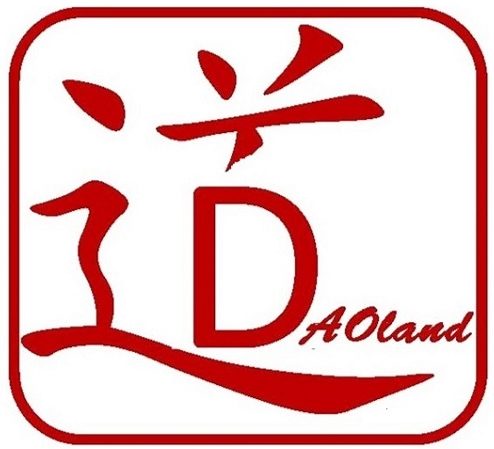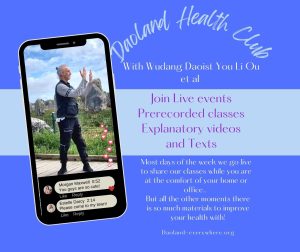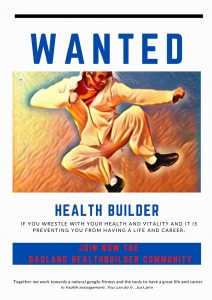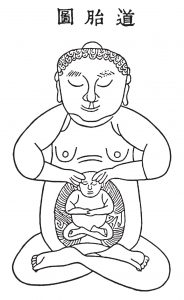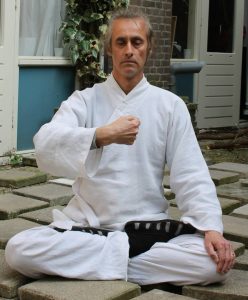Chinese medicine has gone trough an often fragmented history of development, and thus there is not a truely unified form of medical science available for practitioners. If it seems like that, this is due to the universalist thinking of most translators and interpretators.

Universalism is the philosophical and theological concept that some ideas have universal application or applicability. A belief in one fundamental truth underlying everything is another important tenet in universalism. You see that coming back in most cultures, often manifesting as Nationalism in modern times: other cultures are in fact similar like yours. But that is ofcourse nonsense. If that would be so then the whole world would speak the same language and believe in the same things. But in the west for instance many people believe in the existence of a soul, while the concept of soul is imported in many other cultures through colonialist and christianizing activities.
It is for this reason that learning with a teacher about these classics is essential. A teacher has to point you towards the importance of differences. In our generation people need to be transculturally inclined to be able to do so.
I myself am gratefull for the explanations the different teachers I had were able to support me with. This free video and the followup in this series is is part of the charitable activities we daoists are developing throughout our lives.
You can help these activities by coming to study or just to monthly donate a small amount to support the project.
Chinese medicine is amazing in its integration of all the different arts and skills that lead to health in one unified theory.
Chinese medicine theory starts from a rather simple set of assumptions, and as a student you have to learn to live these before you are morally good enough equipped to apply the different arts to other people or animals and their health. That process also leads to individualisation of what you have learned, a unique comprehension of your skills and the underlying theory. Then crafting yourself as a medicine teacher is a totally different process again.
I am curious as to what you think of these aspects of chinese medicine studies. If you already studied it, in how far did your school pay attention to this. or if you are a teacher yourself, where do you stand in relationship to history? are you a universalist primitive, siding with biomedical interpretation or new age spiritual language? Have you had the rigorous learning and self cultivation required for practitioners and teachers?
Let me know, and how it affects your work
